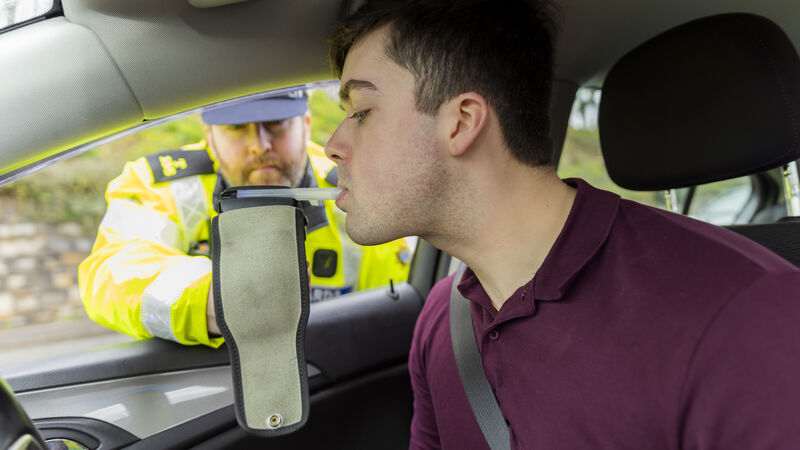Irish drivers much less compliant with rules of the road since covid-19 lockdowns, survey finds

The Road Safety Authority and An Garda Síochána are appealing to the public to use the roads with care over the St Patrick’s bank holiday weekend. Pictures: Keth Arkins Media
Ireland underwent a “big societal shift” away from compliance with the rules of the road during covid-19, with speeding now a "more universally accepted behaviour” than it was before, the Road Safety Authority has said.
Launching their St Patrick’s weekend road safety appeal, the RSA and gardaí urged road users to take care and stay safe after two more people died on Irish roads, bringing the total so far this year to 42. This is three more deaths than at the same time last year.









